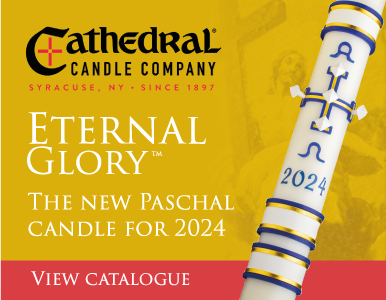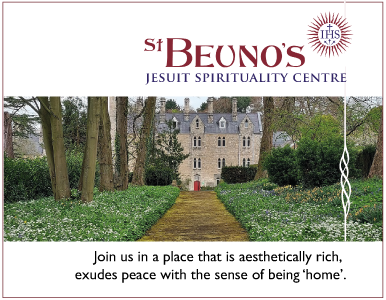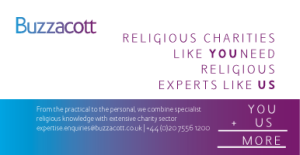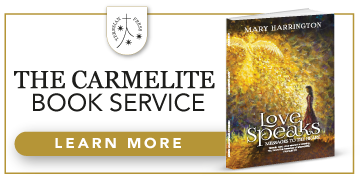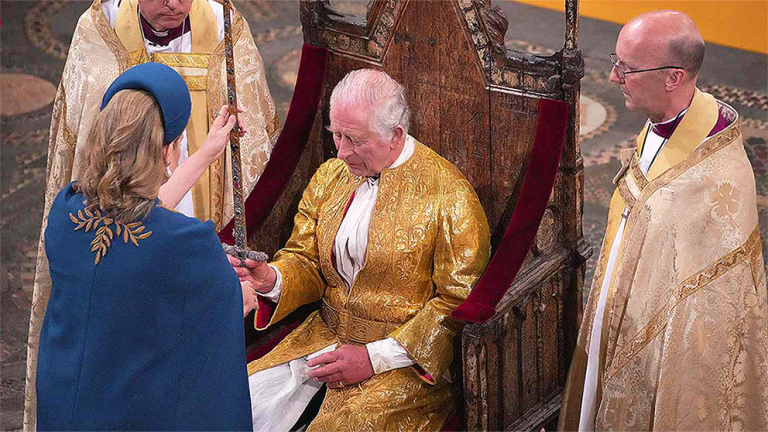Sorry, no records were found. Please adjust your search criteria and try again.
Sorry, unable to load the Maps API.
As the dust settles on the Coronation of King Charles III and his Queen, and the detritus is cleared from the streets of London, what seems to be hanging in the mind of many Catholics who witnessed it is the religious symbolism that framed this unique and anachronistic event.
Given that he became King the moment Queen Elizabeth II died, the whole necessity of a Coronation was far more a requirement of the Church of England than any inclination of the monarch, who is well noted for his aversion to unnecessary pomp and ceremony. However, the anointing of Charles binds the monarch irrevocably to the Church of England, and in turns cements the primacy and status of the Church of England in English political and legislative affairs.
Whilst this may have benefits for the Anglican community, it’s not a bond without its potential dangers. In placing Charles as the head of the Church of England the bishops have imbued the king with significant powers to influence and change the direction of Christian theology, should be become so minded. At the most fundamental and profound level King Charles II could even tamper with the wording of the Gospels to suit his own intentions and the Churches would be powerless to stop him – which is precisely how Anglicans ended up with the King James Bible.
To their credit, the Church in Scotland was having none of this, recognising the extreme perils of appointing an autocrat with the power to change the word of God. That’s why last September, when the then Prince Charles came before the Accession Council at St James’s Palace, the world saw him presented with an entirely separate oath he had to swear to uphold the Presbyterian system of Church governance in Scotland:
“I understand that the law requires that I should at my accession to the Crown take and subscribe the oath relating to the security of the Church of Scotland.
I am ready to do so at this first opportunity.
I, Charles III, by the grace of God of the United Kingdom of Great Britain and Northern Ireland and of my other realms and territories, King, Defender of the Faith, do faithfully promise and swear that I should inviolably maintain and preserve the settlement of the true Protestant religion as established by the laws made in Scotland in prosecution of the Claim of Right and particularly by an act intituled an act for securing the Protestant religion and Presbyterian church government and by the acts passed in the Parliament of both kingdoms for union of the two kingdoms, together with the government, worship, discipline, rights and privileges, of the Church of Scotland.
So Help me God.”
Being a Presbyterian church, the Church of Scotland recognises only Jesus Christ as ‘King and Head of the Church’. King Charles, therefore, doesn’t hold the title ‘Supreme Governor’ of the Church of Scotland and, when attending Church services in Scotland, does so as an ‘ordinary member’.
In all the preamble to the Coronation ceremony, much was made of the King’s insistence that as many faith aspects as possible be included in the Service – reflecting his long held wish to be a ‘Defender of Faiths’ rather than merely the ‘Defender of the Faith’. Few can be in any doubt that our new monarch holds a particular interest in, and fascination for, the processes, doctrines and theologies of faith groups. His late mother made no secret of her affiliation to Anglican Christianity, and the place that it played throughout her life, but its importance to our new monarch is far less clear. Indeed we know almost nothing of Charles’ personal religious beliefs. This might not seem very consequential, but to Catholics in particular it’s significant because we have certain fundamental beliefs and principles of the ‘first order’ that are ‘non-negotiable’. When the late Pope Benedict XVI spoke of this in 2006, he cited three such Catholic principles: the right to life from conception to birth, the male/female definition of marriage, and the right of parents to educate their children.
“These principles are not truths of faith, even though they receive further light and confirmation from faith,” said Benedict, “they are inscribed in human nature itself and therefore they are common to all humanity.”
We may know great detail on King Charles’ views on the environment, ecology, the general dignity of the human person and presumably divorce, but we have no idea where he might stand on, for instance, such fundamental Catholic concerns as abortion, gay marriage, contraception or euthanasia.
This is fundamental because the Coronation ceremony has not only given our monarch the absolute right to determine and direct the theology of the Church of England, but the power to elect and sack its bishops and by definition to oblige that Church of England to support whatever edicts he proclaims. The only check we have in place to prevent a British monarch from irrational and damaging declarations is parliament, but that is also a complex relationship. Whilst parliament could eventually vote to remove a completely errant monarch, the monarch could meanwhile block legislation and bring the government and the country to a standstill.
Research conducted by The Guardian in 2021 revealed that the late Queen personally vetted more than UK 1,000 laws. In 2014, for example, both she and the then Prince Charles screened the inheritance and trustees’ powers bill, and two years earlier she vetted the trusts (capital and income) bill. Trusts are legal arrangements often used by wealthy families to protect their assets from both tax and public scrutiny.
We have no idea to what extent the Royal Family has been intervening in UK legislation over the years, but the very existence of such a mechanism exposes a pretty fundamental fault line in our democracy.
More significantly for Catholics the late Queen Elizabeth II gave her Royal Assent to the 1967 Abortion Act, which has resulted in the violent destruction of some 9.7 million of her pre-born subjects. For those who reply that Royal Assent in the UK is a mere formality and Her Majesty had little say in the decision, it’s worth citing the actions in 1990 of King Baudouin I of Belgium. A devout Catholic he declared that he could not, in good conscience as a Roman Catholic, sign a new law permitting abortion. The civilian Belgian government promptly suspended the king, but he was reinstated a few days later after lawmakers voted unanimously to reinstate him. The abortion law went ahead, but the king of the Belgians had made his point and had stood by his Catholic principles. Even more recently, Prince Alois of Lichtenstein, also a devout Catholic, moved to block abortion legalisation in his country in 2012, scuppering a referendum on abortion weeks before it was held by declaring he would veto any change in the law.
Whilst Catholics may applaud and secularists complain, the decisions of King Baudouin and Prince Alois demonstrate entirely the danger of placing too much power in the hands of any monarch – especially if we have no idea what that individual’s personal morality and intentions may be. To espouse a general unanchored concept of human goodness, worth, equality and opportunity is a doctrine that few would refute, but it’s a vague and timorous position that is fraught with dangers, as many politicians have also found to their detriment and confusion.
In a world where everyone seems to be diluting their principles in search of the largest human denominator, it’s probably high time for a return to clarity and defined beliefs. I’m minded of the great Catholic writer Hilaire Belloc, who was MP for Salford South from 1906-1910. During one election campaign speech to a packed crowd at Salford town hall, one heckler asked if he was ‘a papist’, to which Belloc boomed: “Gentlemen, I am a Catholic. As far as possible, I go to Mass every day. This [taking a rosary out of his pocket] is a rosary. As far as possible, I kneel down and tell these beads every day. If you reject me on account of my religion, I shall thank God that He has spared me the indignity of being your representative.” Such honesty and clarity won him the election.
During the Coronation on Saturday, the rituals surrounding the five swords borne and used during the Coronation Rite attracted wide media attention across the world. A little less attention was paid to the words said by the Archbishop of Canterbury as the Sword of Oblation was clipped on the girdle of the newly anointed King:
Receive this kingly Sword: may it be to you and to all who witness these things, a sign and symbol not of judgement, but of justice; not of might, but of mercy … with this sword do justice, stop the growth of iniquity, protect the holy Church of God and all people of goodwill, help and defend widows and orphans, restore the things that are gone to decay, maintain the things that are restored, punish and reform what is amiss, and confirm what is in good order: that doing these things you may be glorious in all virtue; and so faithfully serve our Lord Jesus Christ in this life, that you may reign for ever with him in the life which is to come. Amen.
The Sword of Oblation was then redeemed and returned to the Lord President of the Privy Council, indicating that this sacred pledge to serve the common good is intended to be binding on both the new King and on parliament.
Few would argue that general good intentions and a desire to be seen as benevolent and charitable to “all people of goodwill” are condiciones sine quibus non to both parties, but we are living through deeply troubled and divisive times pretty much at the gates of Gomorrah, when the Will of God is neither heeded nor much understood. Both parliament and our new King are going to discover quite quickly that far firmer intentions will be required if promises made to society are going to be promises kept.
Joseph Kelly is a Catholic writer and political theologian






